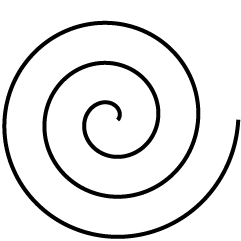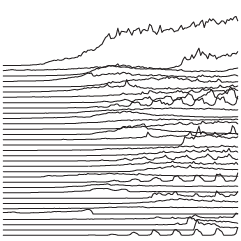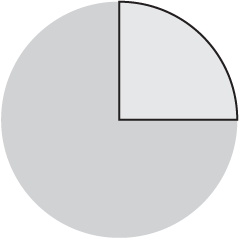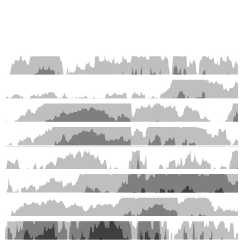Anyone who has a blog can attest to this. No matter how much you tweak your blog’s design, you can always find something else to “fix.” Maybe it’s the spacing between two lines, the color of a left border, or the alignment of a picture. However, after this most recent change in FlowingData’s layout – mainly to the homepage and sidebar – the OCD in me can rest easy. Here’s a quick runthrough.
Cleaner Homepage
The featured post on the homepage melds much better now with the rest of the design. My original goal was to make the featured post stand out, but it stood out too much – like a sore thumb, as my mom would say. I also moved “popular posts” above the fold and got rid of underlining. I’m going for clean here.
No More Google Adsense
I got rid of Google Adsense. Once I removed that big ad block, I felt like the look and feel of FlowingData completely changed. Everything feels so unified now, and I like it – a lot. It’s nothing against Google. They provide excellent services (and the monthly check wasn’t bad either). It’s just that I like having full control over everything that appears on FlowingData, and now I do. FlowingData sponsors, Eye-Sys and Tableau Software, are in the sidebar because I think they’re worth a look. Not because Google says they’re related to my content.
Welcome to FlowingData’s Newest Sponsor
 On that note, check out SiSense, FlowingData’s newest sponsor. It’s analytics software that makes dashboard creation easy (for both online and desktop). There’s no code required. It’s got drag and drop analysis and charting and easily hooks in data from Excel, CSV, MySQL, Oracle, and Google Spreadsheets. So if you’re looking for something lighter weight than Tableau or Eye-Sys and want an easy way to share data amongst your workgroup, then SiSense might be what you’re looking for.
On that note, check out SiSense, FlowingData’s newest sponsor. It’s analytics software that makes dashboard creation easy (for both online and desktop). There’s no code required. It’s got drag and drop analysis and charting and easily hooks in data from Excel, CSV, MySQL, Oracle, and Google Spreadsheets. So if you’re looking for something lighter weight than Tableau or Eye-Sys and want an easy way to share data amongst your workgroup, then SiSense might be what you’re looking for.
What do you think of the new layout? Let me know in the comments.



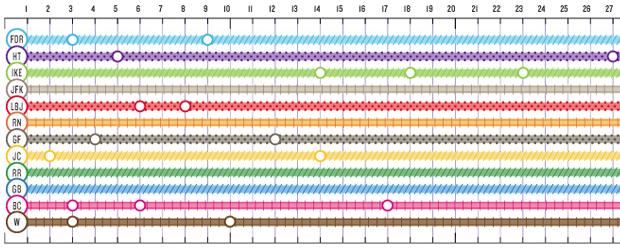
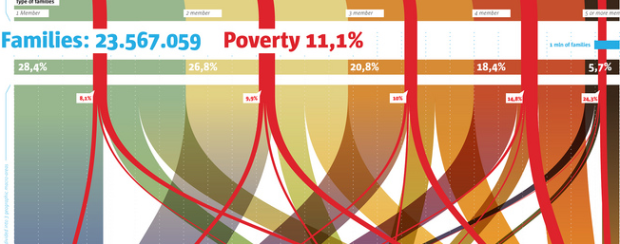

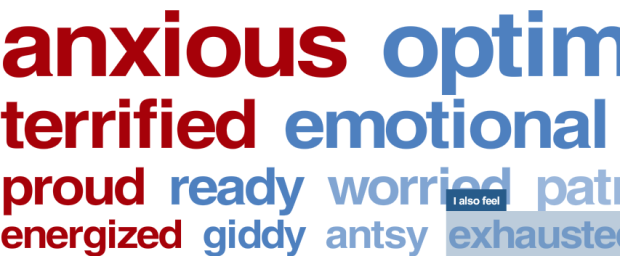
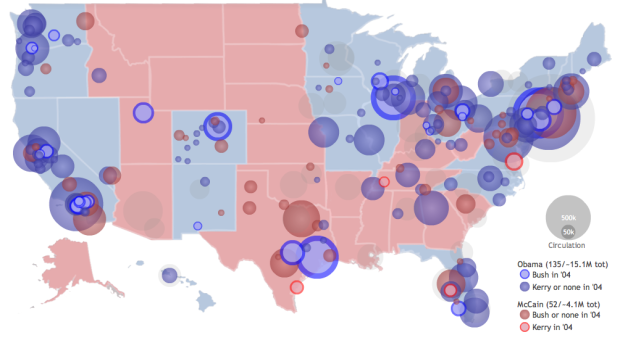
 Visualize This: The FlowingData Guide to Design, Visualization, and Statistics (2nd Edition)
Visualize This: The FlowingData Guide to Design, Visualization, and Statistics (2nd Edition)

